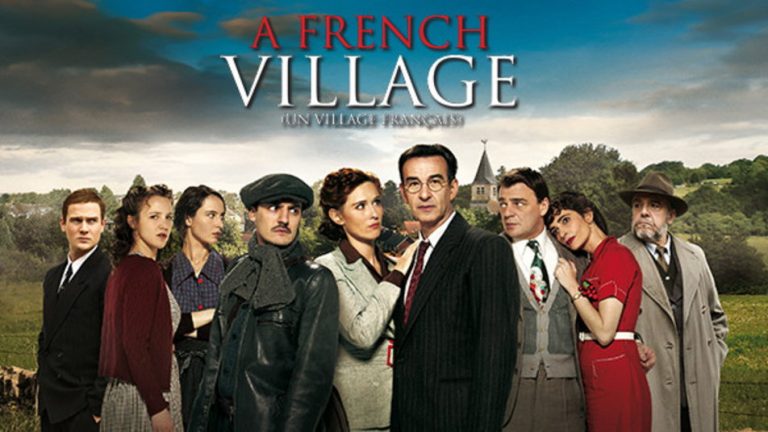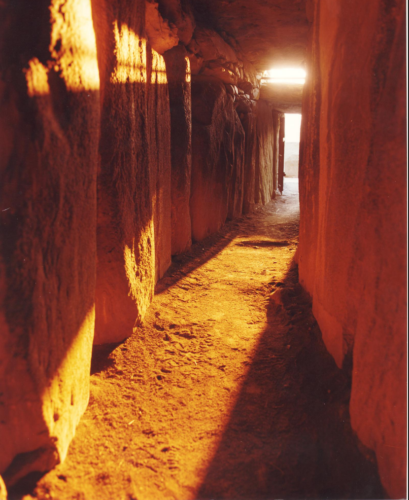One of the (many) advantages of getting older is that you recognize not only how traditions emerge and evolve but your personal role in the process. It’s a bit like watching a tapestry being woven, except you can see your own hands among the many that have added to its pattern over the years.
I find myself marveling at how I’m part of a nearly 200-year chain of Christmas experiences and traditions, stretching from my grandparents’ stories of the early 20th Century through to what my grandchildren might carry forward into the late 21st or even early 22nd Century.
In my childhood the true story of the Christmas season wasn’t Black Friday, it was the magical day when the Sears Christmas Book arrived in our mailbox. That catalog was pure joy for a little kid, dog-eared and thoroughly studied by December. We were (stubborn) believers in extending the season well past the traditional bounds. While others packed away their decorations by New Year’s, our Christmas tree stood until after the Super Bowl.
Of course there were Christmas Eve church services. There I was in church on Christmas Eve, my young voice piercing through the reverent silence to ask where all these newcomers had come from and will they be joining us again next week? The pastor later confessed that he’d barely maintained his composure, fighting back laughter. My mother told me to watch my mouth and that all of these “visitors” were good for the church. Thus my first lesson in cash flow.
My mother also knew how to use her precious leverage to compel our good behavior during church, telling us that Santa had a “vengeful” side toward bad children.
No wonder that to this day I tend to get Santa and John Calvin confused in my mind.
Then there was the food. While our Anglo-Irish heritage might have suggested different fare, she filled our home with German delicacies such as Stollen, Lebkuchen, and Schwarzwälder Kirschtorte, complete with real Kirschwasser and topped with whipped cream. These shared space with English Christmas standards, brandy-soaked fruitcakes and evening caroling sessions.
Then there was the long drive to see the grandparents, with my parents fiddling with the dial to find Christmas music on the car radio. My grandparents’ living room was a time capsule from the 1940s, where Bing Crosby’s voice floated from vinyl, “A Charlie Brown Christmas” flickered on the black-and-white TV in the corner, and the adults, bourbon highballs in hand, wove tales of days gone by.
Most of those people are gone now and it’s we who find ourselves cast in their role. Yet the essence remains unchanged. We still attend services, still have the traditional dishes – though our menu has expanded with our growing family. Our decorations, freed from HOA constraints, still twinkle until Super Bowl Sunday. New touches have emerged: luminarias light Christmas Eve, and the coyote fence has become our canvas for holiday cheer. The kids have expanded our Christmas film canon, adding “Elf” and “Home Alone” to the classics. And just as before, the adults gather, drinks in hand, passing down our oral history to eager young ears.
Then there is Bing in the background. Everyone insists. I’m going to guess 100 years from now in the family there will still be Bing in the background.
I used to get caught in the fights over Christmas within the larger culture, the reason for the season. Things are tough in Europe and there will be fights to come if people think this is to mark the Son of God.
However, those are fights for another day. The battle is already joined on other fronts. Enjoy the day with a light heart and wish everyone a Merry Christmas; the guy down at the Halal market smiled at me and wished one right back. If anyone sneers at you, smile, clap them on the back, and laugh at them.
As far as gifts? I don’t get the Sears Christmas Book anymore and Tonka trucks don’t have the same magic, but a while back at Rim Country Guns I did tell a certain little someone that the Mossberg 940 along the back wall behind the counter was sure pretty. Maybe Santa will be good to me tomorrow.
Merry Christmas everyone. Remember, out of darkness, light.

